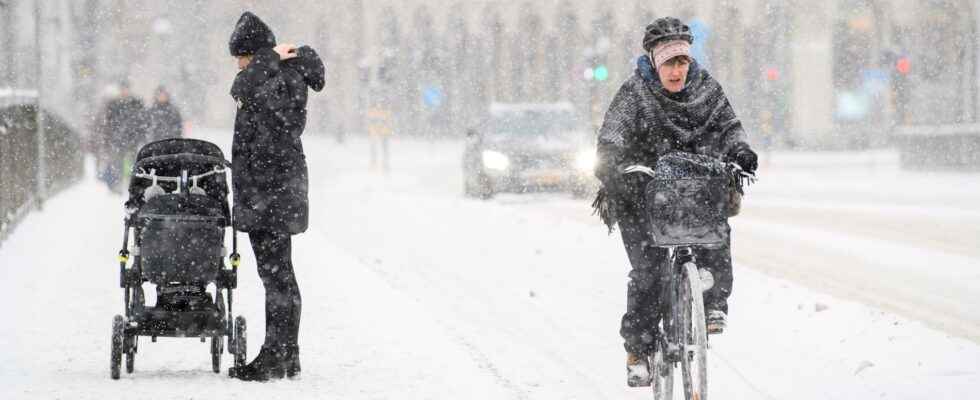Published: Just now
full screen
Next
There have not been as few children born in Sweden as there were in 2022 since 2005. Stock image.
1 of 2 Photo: Henrik Montgomery/TT
Last year, the number of children born in Sweden dipped significantly. The same pattern can be seen in almost all of the world’s wealthier countries.
Concern for the future and changed values may be two of the reasons why fewer children are born, according to researchers.
Not since 2005 have there been so few children born in Sweden as last year, new figures from Statistics Norway (SCB) show.
In 22 municipalities and two counties, the number of births was the lowest in over 54 years.
– We are used to childbearing going up and down in Sweden. But that it fell so much in 2022 is a bit unexpected. It’s a bigger change than you usually see, says Martin Kolk, docent in demography at Stockholm University and the Institute for Future Studies.
Historically, childbearing tends to go hand in hand with the economic cycle. We saw a sharp decline in connection with the financial crisis in the 1990s and also a decrease after the 2008 crisis.
But the last ten years have been a strong economic period – at the same time as the birth rate has been low.
– The economic situation of the last 10-15 years cannot easily explain these patterns, says Martin Kolk.
No consensus
The same pattern is not only seen in Sweden. Childbearing is declining in almost all high-income countries worldwide – the United States, most European countries and East Asia.
There is no consensus within the research community as to what is causing the decline. In this type of country, people can largely plan and control themselves how many children they want. This means that cultural factors can be part of the explanation according to some researchers.
– We know that people have chosen to have fewer children, that’s what the data shows. It is likely due to some change in values related to how many children people want, says Martin Kolk.
Postponed childbirth?
Other researchers also believe that an increased concern for the future may be behind the fact that fewer choose babies to see the light of day.
– Some people may be worried about climate change, others may be worried about political changes or geopolitical trends. But you don’t know if this is what can explain the decline, says Martin Kolk.
However, he is not sure that today’s downward trend will continue in Sweden.
– If I had to speculate, I would think that the birth rate will be somewhat higher five years into the future. It would be because those who do not have children in these years postpone it a few years into the future. This is how the pattern has looked in Sweden historically.
Facts
Childbirth in 2022
A total of 104,734 children were born in Sweden in 2022, a decrease of 8.3 percent compared to the previous year.
In 22 municipalities and two counties, the number of births was the lowest in over 54 years.
In 20 out of 21 counties and 215 out of 290 municipalities, the number of newborns decreased.
Last year, the number of children was 1.52 children per woman according to the measure known as the total fertility rate. This can be compared with 2010, when the corresponding figure was 1.98.
Source: Statistics centralbryån
Read more
